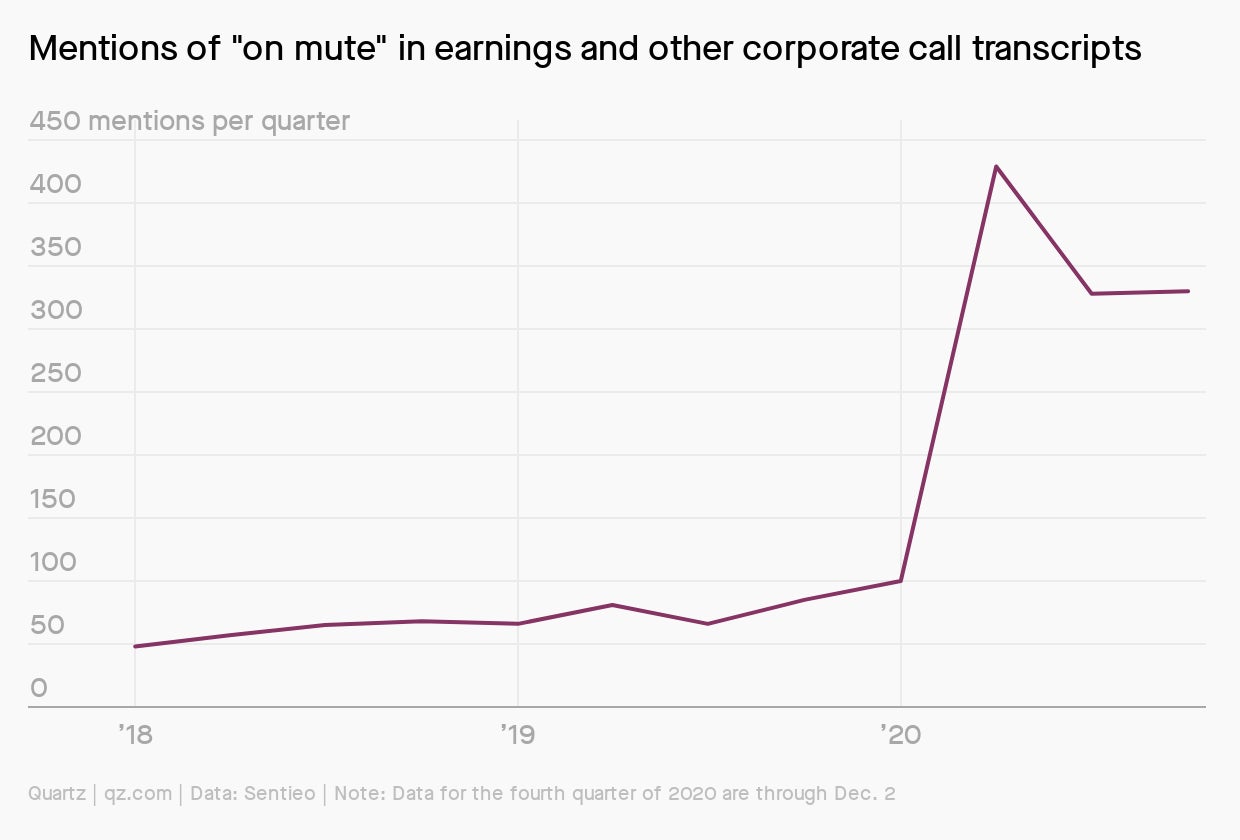UK vaccines arrive, herd immunity goals, a third monolith
Good morning, Quartz readers!

Good morning, Quartz readers!
Here’s what you need to know
The first batch of coronavirus vaccines arrived in the UK. Stored at an undisclosed location, the Pfizer/BioNTech shots will be distributed to vaccination centers around the country. European and US experts have criticized the UK authorization as being too rushed, though US infection disease expert Anthony Fauci later walked back his remarks.
Joe Biden ramped up his coronavirus messaging. The president-elect will ask —but not order—Americans to wear masks for his first 100 days in office, marking a drastic shift from president Donald Trump’s mask skepticism. He also promised to publicly take a Covid-19 vaccine.
Poland could drop its veto on the EU’s rescue package. The country, which along with Hungary blocked the EU’s €1.8 trillion ($2.1 trillion) budget and recovery funds because of a clause tying the aid to respecting the rule of law, could accept the proposal if Brussels clarifies its future use of the rule-of-law mechanism.
Trump put China’s top chipmaker SMIC and oil giant CNOOC on a blacklist. While there are no immediate penalties for companies added to the list for allegedly having close ties to China’s military, a recent executive order would prevent US investors from buying shares in them from January.
China’s lunar lander is on its way back to Earth. The Chang’e-5 lander is now orbiting around the moon. Soon it will link up with a rocket that will carry it home, along with its precious cargo of rocks scraped from a lunar lava plain.
Bangladesh begins moving Rohingya refugees to a remote island. It only recently emerged from the sea and is prone to flooding, and rights groups fear it will be harder to monitor the treatment of refugees who escaped persecution in Myanmar once they are there.
Charting everyone’s favorite holiday song
Mariah Carey’s “All I Want for Christmas is You” cannot be stopped. Already one of the most popular songs of all time, and the source of more than $60 million in royalties for Carey, the song appears to be more popular than ever in 2020.
The success of “All I Want for Christmas is You” is even more remarkable given the large decline in Spotify streams for the platform’s biggest hits. Dan Kopf unpacks this annual gift from Mariah to us.

Mute problems are universal
“Chip, I think you’re on mute,” Harmit Singh, CFO of Levi’s, told the company’s CEO, Chip Bergh, on an Oct. 6 call. “I’m on mute, yes,” Bergh replied. “You would think after doing this for seven months, I would figure out the mute button.”
Maybe Bergh can take comfort from the fact that he isn’t alone. Mentions of “on mute” by executives and analysts have spiked since the pandemic began earlier this year. Marc Bain has rounded up some of the best quotes from executives who can’t quite figure it out.

✦ Hi, can you hear us? Oh sorry, we were on mute. We were just saying we wanted you to sign up for a seven-day free membership trial.
You asked about herd immunity through vaccines
When could we get herd immunity via Covid-19 vaccines? Or, in other words, how many people need to be vaccinated for life to go back to normal?
Ah normalcy! That elusive goal. We can achieve herd immunity when enough people are protected from a virus (in this case, by a vaccine) that they prevent the spread of it to those who aren’t protected. To reach herd immunity, we need to consider two factors:
First, we need to know how well Covid-19 vaccines can prevent virus transmission. From phase 3 clinical trials so far, we’ve learned that vaccines have a range of efficacy against Covid-19—the illness caused by SARS-CoV-2. What we don’t know is how well they prevent the virus from being spread. Because antibodies generated via vaccines prevent the virus from replicating, we can expect that vaccines should decrease the chances that someone who is vaccinated could pass it on to someone else—but we still need more clarity.
Second, we need to know vaccines’ real-world effectiveness. This is likely going to be lower than clinical trial efficacy because, well, life isn’t a perfectly controlled clinical trial. Some people may not get both their doses, or have optimal timing in between, which will affect how well they’re protected. The lower the effectiveness of a vaccine, the more people need to be vaccinated in order to achieve herd immunity.
Scientists estimate that each person with SARS-CoV-2 can infect two to three people. If vaccines can prevent transmission, and if their effectiveness is close to their clinical trial efficacy, that means herd immunity will likely be achieved when 60% to 70% of people in a community are vaccinated. If effectiveness is less, or if the vaccine still allows some transmission, vaccination rates will have to be higher.
Surprising discoveries
The first commercial Christmas card is up for sale again. Produced in 1843, it depicted an English family toasting the recipient with glasses of red wine—and caused some controversy at the time.
A Namibian man named after Adolf Hitler has won a local election. The politician, who was elected councilor in the Ompundja constituency, said he has no intention of dominating the world.
Egypt launched a large-scale investigation of a model’s photoshoot. Salma El-Shimy was arrested for posing near a pyramid in Giza.
An Australian woman found a koala in her Christmas tree. The marsupial had nestled itself gently among the ornaments.
A third monolith appeared in California. It feels like there should be some sort of point to it all by now.
Our best wishes for a productive day. Please send any news, comments, uncontroversial holiday cards, and Houdini-like monoliths to [email protected]. Get the most out of Quartz by downloading our iOS app and becoming a member. Today’s Daily Brief was brought to you by Jane Li, Tripti Lahiri, Susan Howson, and Nicolás Rivero.